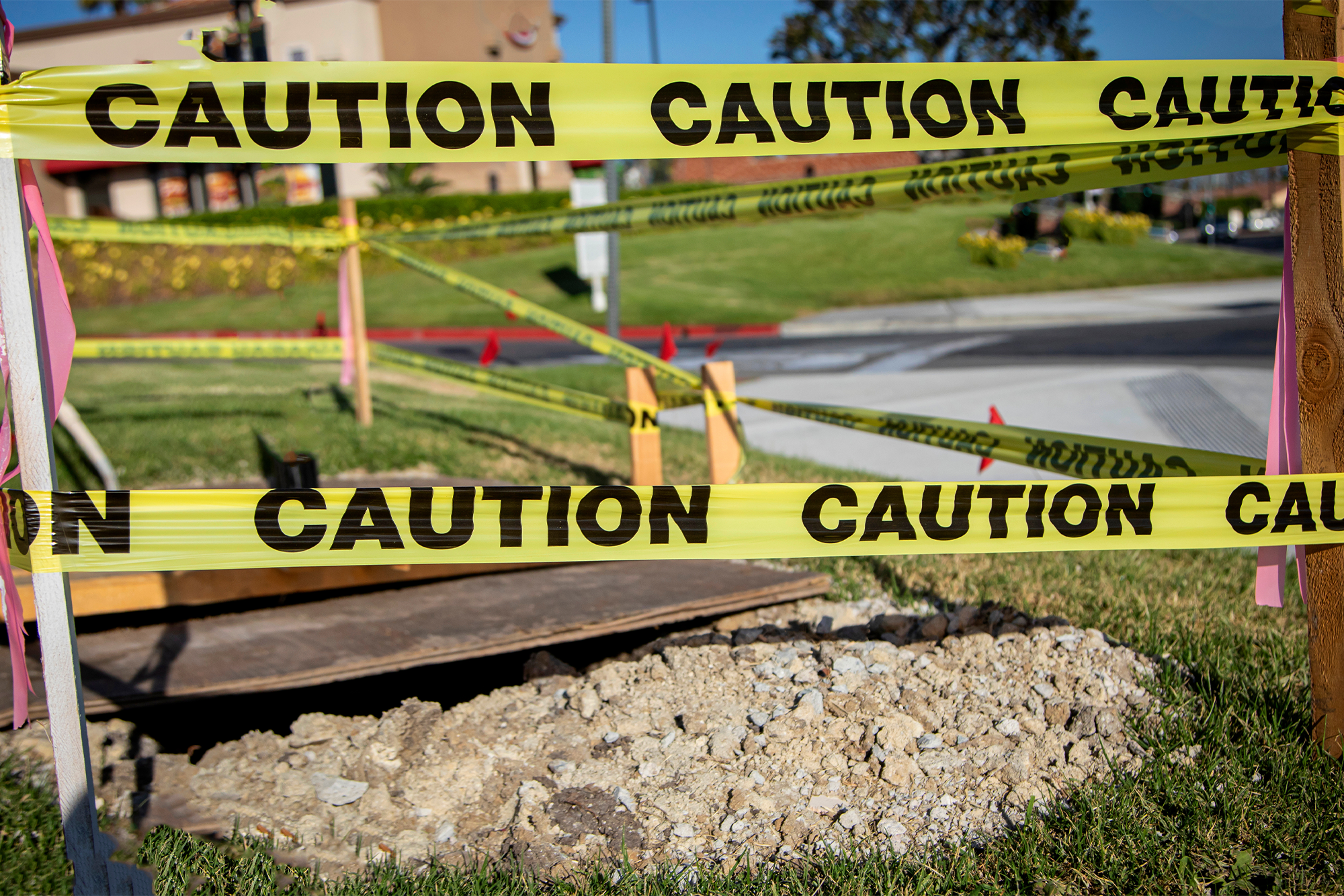The risk that hand, wrist and finger injuries pose in health care settings is unique because it is associated with another, more serious risk: that of infection with diseases like Hepatitis B and C or HIV. Even hand and finger injuries that do not result in infection bear the psychological trauma of waiting for definitive test results.
Sharps Injuries
Many hospital sharps injuries occur in the operating room and most are on the thumb and index finger of the non-dominant hand, due to scalpel and needle mishaps. A worker may not realize he or she is exposed to blood on the hands until after removing gloves. Pay attention when you are involved in common surgical activities like the following, which often result in injury.
Assembly and Disassembly of Sharps
Injuries are common when mounting the scalpel blade to the handle. One way to prevent cutting yourself is to use a forceps to hold the blade, without covering the cutting edge.
Transfer Between Team Members
Sharps can easily result in injury if someone handling them loses concentration. An easy way to avoid these injuries is to use a neutral zone, such as a tray or a mat, to pass instruments. The neutral zone should be big enough to easily contain the sharps, not easily tipped or easily mobile.
During Use
When fingers are used as a backstop or guide, and the other hand is protecting the surrounding area, there is a high risk of hand or finger injury. Whenever a sharp is in use, do not anticipate any hand movements, and never assume anything. Use verbal warnings to anticipate transfer of sharps, and keep your eyes on them until they are safely returned to the safe zone.
Disposal
If you attempt to recap a needle or scalpel, you are at an elevated risk of injuring yourself; this practice should always be avoided. You also risk cutting yourself if you attempt to use a sharps disposal container that is already full, has a small opening or is improperly positioned.
Needles
Needlesticks are a common risk inside and outside of the operating room. Never recap needles, and immediately dispose of them after use in appropriate, unfilled containers.
If You Are Exposed
If you are injured, immediately flood the area with water and disinfect it. Notify your supervisor immediately so that your risk of infection can be evaluated as soon as possible. cares about your safety.
For more information about risk management and/or insurance solutions contact INSURICA today.
This is not intended to be exhaustive nor should any discussion or opinions be construed as legal advice. Readers should contact legal counsel or an insurance professional for appropriate advice. © 2022 Zywave, Inc. All rights reserved.
About the Author
Share This Story
Related Blogs
Understanding Your School Property Schedule
Your property schedule is one of the most important—and [...]
Commercial General Liability Insurance
Running a business comes with significant risk. Everyday interactions, such as serving customers, visiting clients or running marketing campaigns, can expose businesses to potential liability. A customer could slip on a wet floor, a contractor could accidentally damage a client’s property, or a marketing campaign could unintentionally harm the reputation of a competitor. Just one single liability incident can trigger an expensive lawsuit and have far-reaching consequences. Beyond potential settlement costs, legal defense costs—even if claims are found to be baseless—can quickly escalate into tens or hundreds of thousands of dollars. Furthermore, litigation can disrupt operations and undermine customer and stakeholder trust.
Mounting and Dismounting Forklifts
Forklifts play an important role in moving materials safely and efficiently in many workplaces. However, even a simple task like getting on or off a forklift can lead to serious injuries if not done correctly.






